For this project, you will be assigned a mentor, who is the point of contact for any questions you may have or extensions you might want to explore. Soon, we'll add profiles of the people who have volunteered to serve as mentors to this site, so that you can reach out to potential mentors on your own.
Otherwise, we will assign you to a mentor once your proposal has been completed. We'll try to match you with a mentor that matches your skill level, interest area, and time investment!

Below, we've provided the names and/or profiles of all the people who have signed on explicitly wanting to be mentors so far. These people have decided to commit a certain amount of time to the Challenge already, so they may be your best bet in terms of finding a mentor that has the hours available and the passion. However, we encourage you to check out the full list of instructors here, or to get creative in terms of looking for supervisors within (or even potential converts to) the BVCN.
Ben Tully
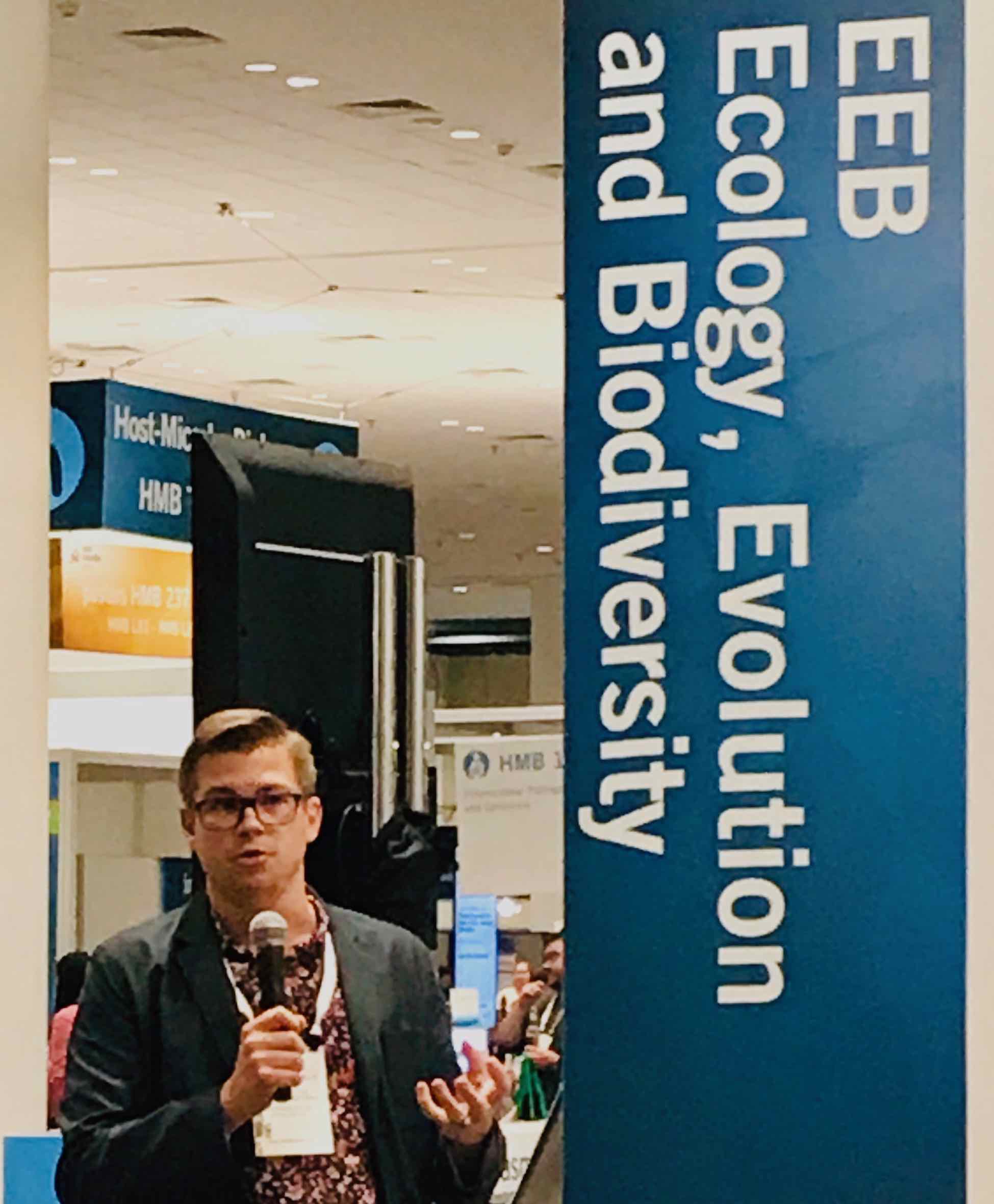
Email: tully.bj@gmail.com
Twitter: @phantomBugs
Bio: I am a microbiologist/bioinformatian working in the marine environment. My interests involve studying microbial communities and functions through the tool of metagenomics. As part of this research, I work to develop new bioinformatic tools that capitalizes on the growing number of environmental microbial genomes.
Sarah K. Hu
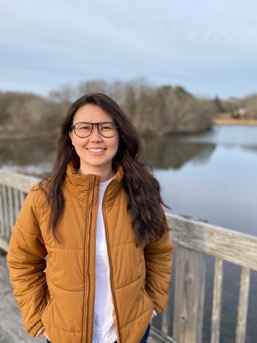
Twitter: @shu251
I am a Postdoctoral Fellow at Woods Hole Oceanographic Institution (Marine Chemistry & Geochemistry) working to reveal the ecological roles single-celled microbial eukaryotes play in marine ecosystems. My current work is set at deep-sea hydrothermal vents, where I am characterizing in situ protistan community composition and food web interactions. The majority of my work is reliant on using genetic methods to address which microbial eukaryotes are present and what are they doing in the environment.
Jake L. Weissman
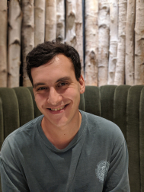
Email: jakeweis@usc.edu
Twitter: @jlw_ecoevo
Bio: The battle between microbes and their viruses is ancient and ongoing. Over billions of years of coevolution, microbes have evolved a great diversity of strategies to protect themselves against viral infections. What drives selection favoring a particular antiviral defense strategy? What new defense systems are still waiting to be discovered? How do defense systems coevolve with pathogens over time, and how does this coevolution feed back into the dynamics of host-virus interactions? The central theme of my previous and ongoing work is the application of tools from the fields of machine learning and complex systems science, alongside more traditional approaches from population genetics and theoretical ecology, to understand the ecology and evolution of antiviral defense strategies.
Ella Sieradzki
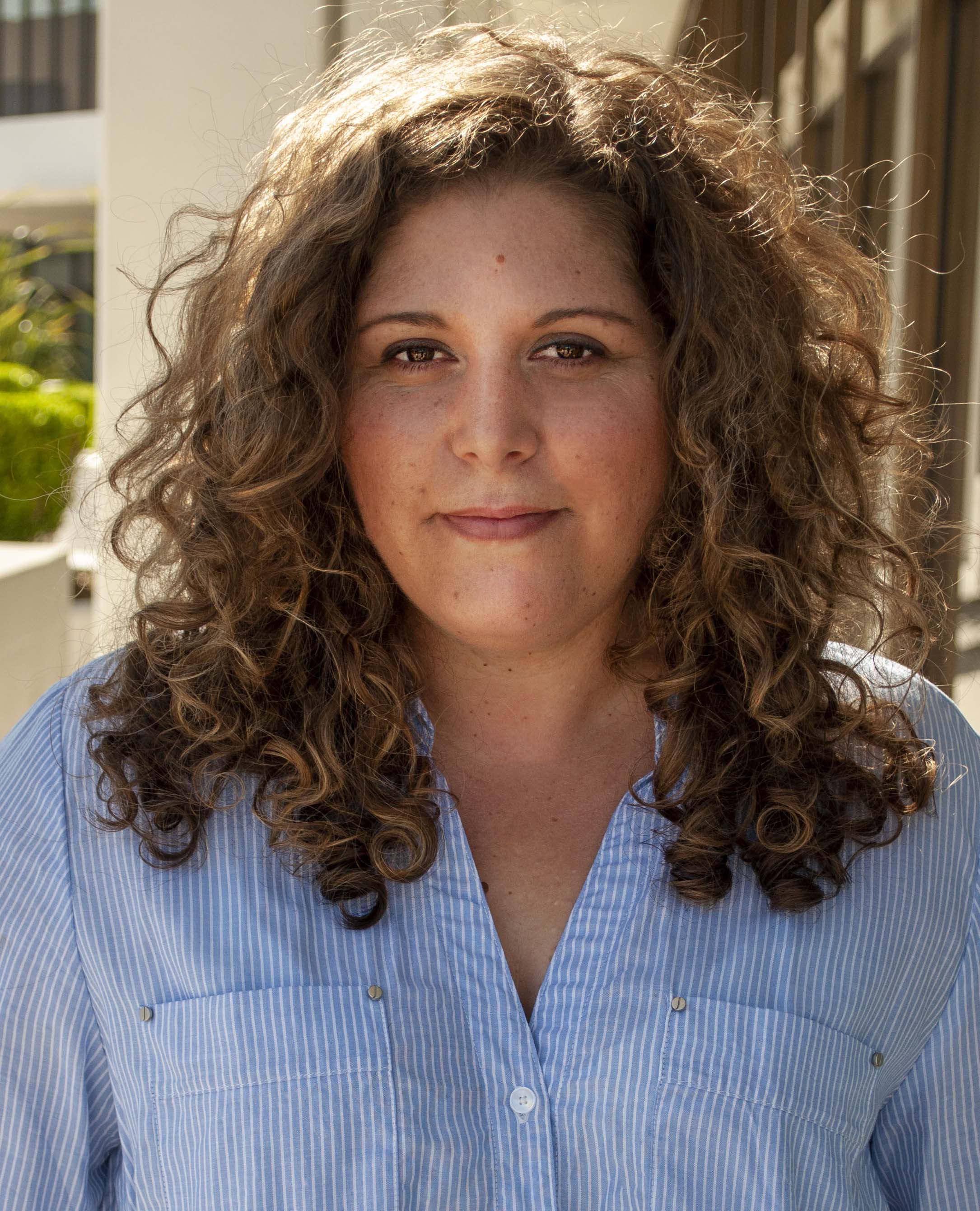
Email: ellasiera@berkeley.edu
Twitter: @SieraVirus
Google Scholar
Bio: I love viruses! Except for Coronaviruses. I don't love those. I'm a jack of all trades working on bacteria and viruses in the ocean and in soil. I live and breathe metagenomics, metatranscriptomics and stable isotope probing, but dabbled in amplicon work in the past. Most of all I like to know everything about interactions between viruses and their hosts, and some day it will be my main field. For now I'm a postdoc in Mary Firestone's lab. Show me your cats and dogs and we will be the best of friends.
Maria Pachiadaki
Interests: Marine microbes (prokaryotes); single-cell genomics; metagenomics
Alexis Marshall
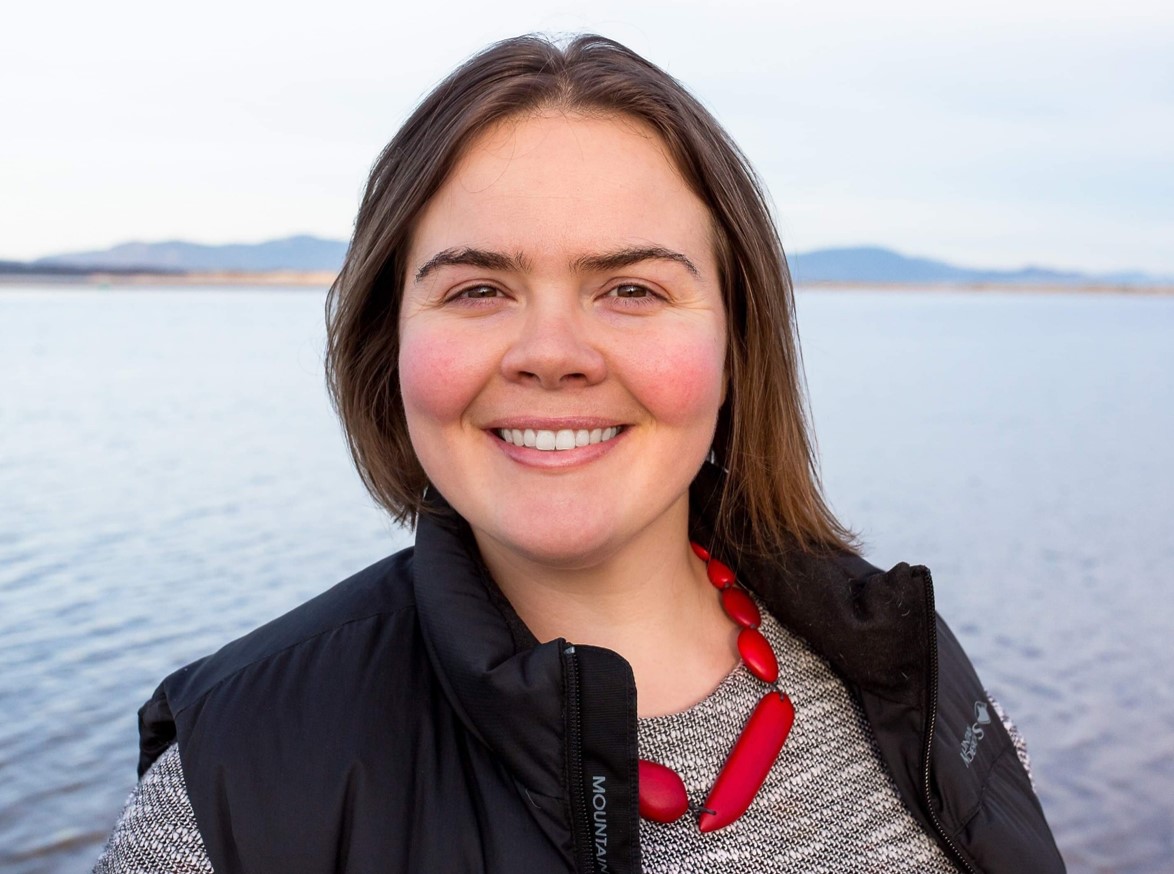
Email: alexis.marshall@waikato.ac.nz
Twitter: @lexyjayne
Bio: My research investigates the functional role of microbial communities in the environment. I am currently based at the University of Waikato, New Zealand as a research fellow with Prof. Craig Cary where we study the response of microbial communities within coastal sediments to ocean acidification. I am also involved in the characterisation of microbial functional roles within the Dry Valley, Ross Ice Shelf and Ross Sea ecosystems of Antarctica.
Liz Suter
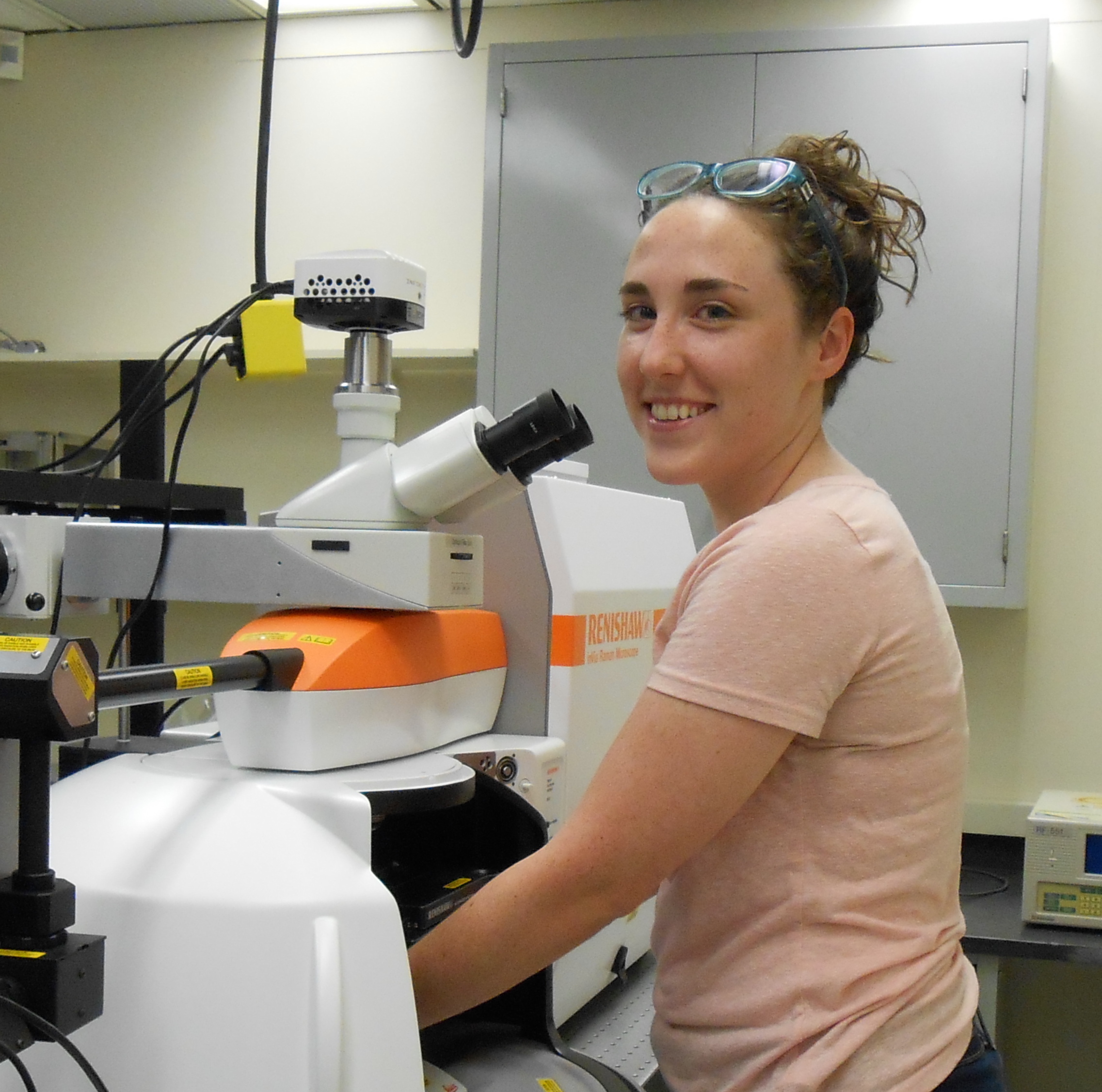
Email: esuter@molloy.edu
Twitter: @LizzSuter
Interests: Microbial ecology, biogeochemistry
Arianna Krinos
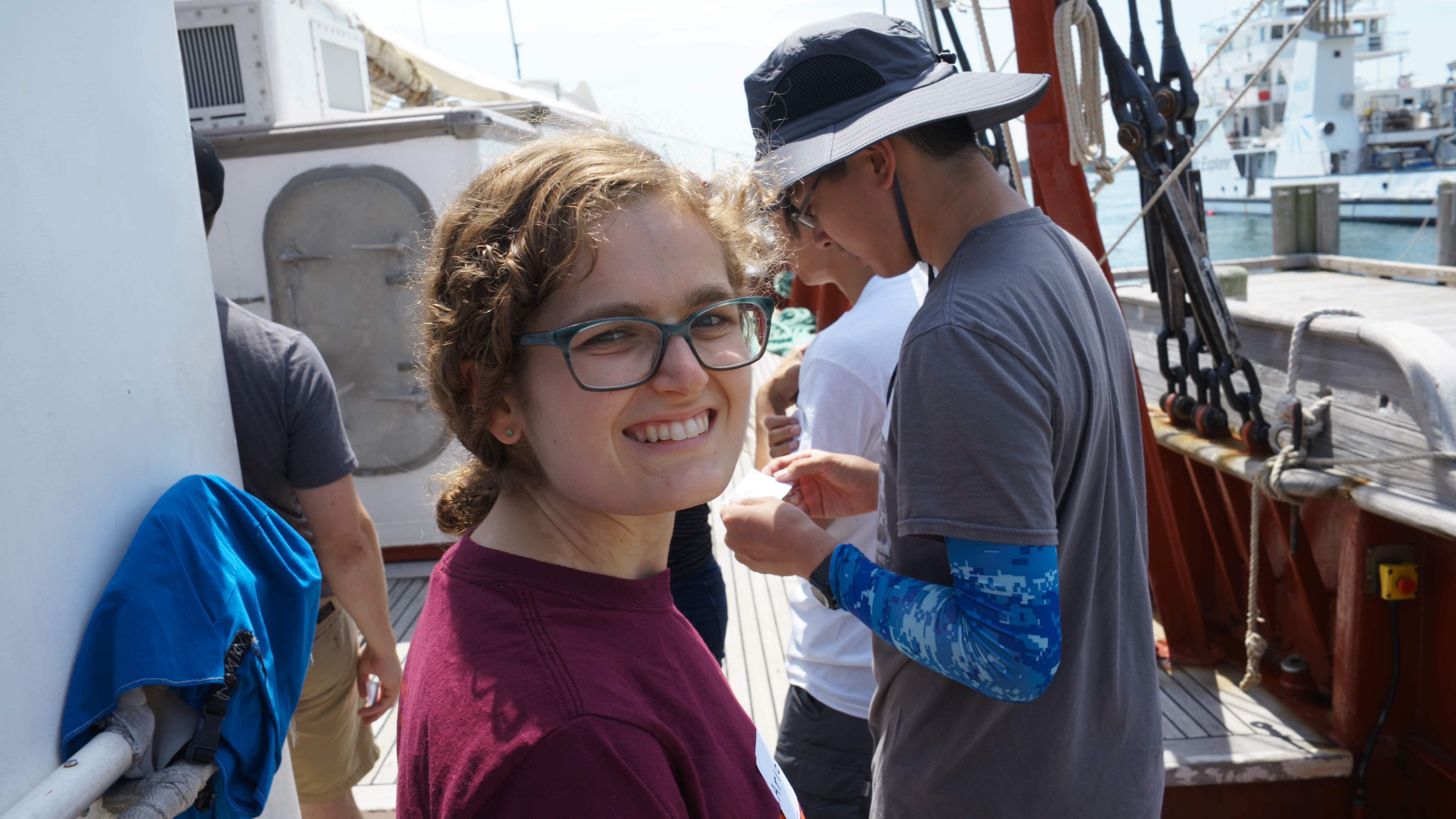
Email: akrinos@mit.edu
Twitter: @ariannakrinos
Bio: I am a PhD student in Biological Oceanography in the MIT-WHOI Joint Program. I am co-advised by Harriet Alexander and Mick Follows, and use bioinformatics and models to study eukaryotic phytoplankton, with a penchant for coccolithophores and diatoms. I graduated from Virginia Tech with undergraduate degrees in Computer Science, Biological Sciences, and Computational Modeling and Data Analytics with a minor in math, and in the past I have done research in mathematical modeling of environmental time series data, ecological modeling of aquatic ecosystems, and computational approaches to amphibian disease ecology. I am helping with the BVCN mainly through the Reproducibility Challenge and associated tutorials for reproducing bioinformatics workflows. Happy to help with transcriptomics or general software/coding problems.
Harriet Alexander
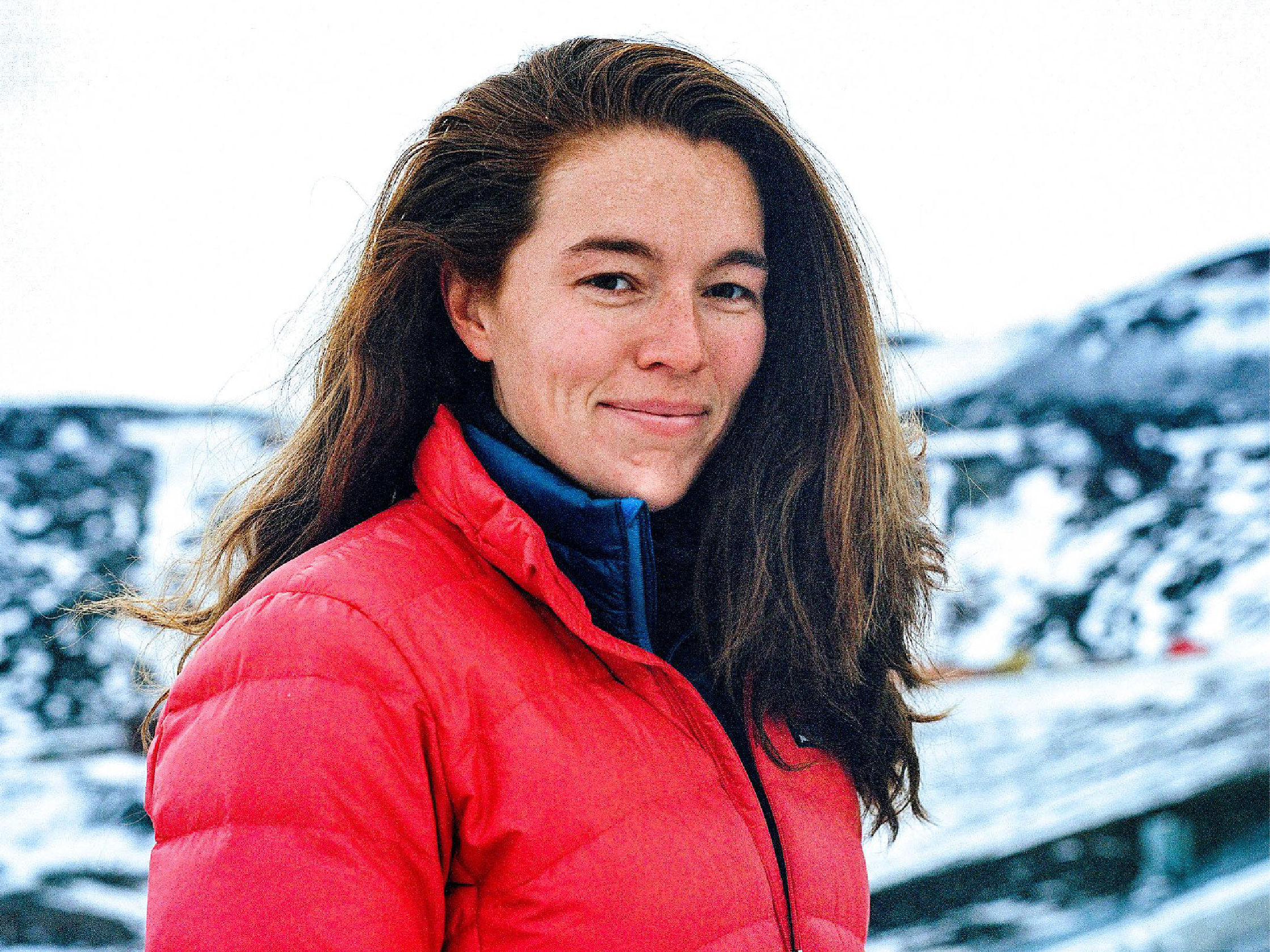
Email: halexander@whoi.edu
Twitter: @nekton4plankton
Bio: I am an Assistant Scientist in the Biology Department at the Woods Hole Oceanographic Institution interested in bioinformatics and microbes in the ocean. My work focuses on characterizing the the interplay of physiological ecology and diversity in the ocean with a focus on eukaryotic plankton. Much of my research has leveraged meta-omic data to derive insights into the diversity and function of these ecosystems.
